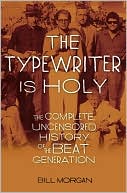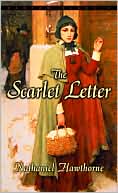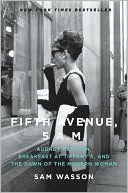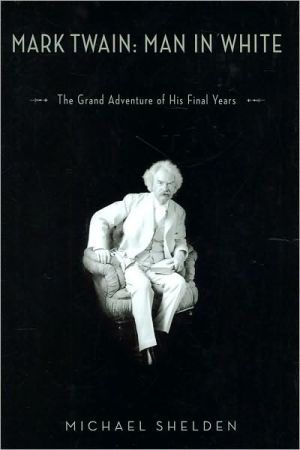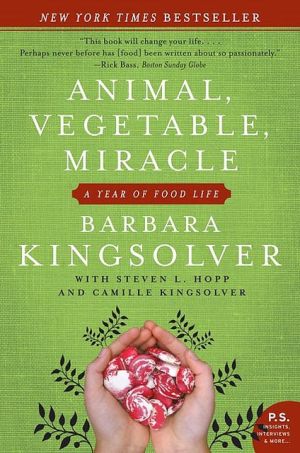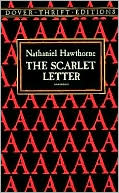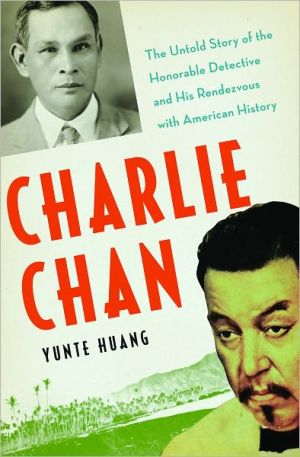The Typewriter Is Holy: The Complete, Uncensored History of the Beat Generation
Search in google:
Anyone who cares to understand the cultural ferment of America in the later twentieth century must know of the writings and lives of those scruffy bohemians known as the Beats.In this highly entertaining work, Bill Morgan, the country’s leading authority on the movement and a man who personally knew most of the Beat writers, narrates their history, tracing their origins in the 1940s to their influence on the social upheaval of the 1960s. The Beats, through their words and nonconformist lives, challenged staid postwar America. They believed in free expression, dabbled in free love, and condemned the increasing influence of military and corporate culture in our national life. But the Beats were not saints. They did too many drugs and consumed too much booze. The fervent belief in spontaneity that characterized their lives and writings destroyed some friendships. As we watch their peripatetic lives and sexual misadventures, we are reminded above all that while their personal lives may not have been holy, their typewriters and their lasting words very much were. Publishers WeeklyThe title of this not-so-rough guide to the mid-century social circle, of which Allen Ginsberg was the center, is taken from the poet's “Footnote to Howl.” For Morgan, Ginsberg was the “locomotive” for the group of journeyers, addicts, loiterers, and seekers that came to be known, in Jack Kerouac's term, as “beats” and who would act as catalyst for the late 1950s beatniks as well as the social movements of the 1960s. As Morgan points out, this was a boys' club—the combustible William Burroughs, murderer Lucien Carr, the charismatic bisexual Neal Cassady, the incorrigible Gregory Corso, Peter Orlovsky, Gary Snyder, and others more on the fringe, like Ken Kesey—and a white one at that. In part, such could be explained by the zeitgeist, in which even (largely gay) revolutionaries were unconscious participant-prisoners. The infamous and essential On the Road manuscript consisted of attached papers fed through Kerouac's typewriter like a roll of paper in an early word processor printer, and bravely promoted by agent Sterling Lord, represents for Morgan (in a bit of a stretch) how far ahead of their time the beats were. Although Ginsberg biographer Morgan cannot deliver a firsthand account of the beat history, readers do gain some immediacy regarding the legendary lives and loves of this motley crew that changed the world. (May 11)
